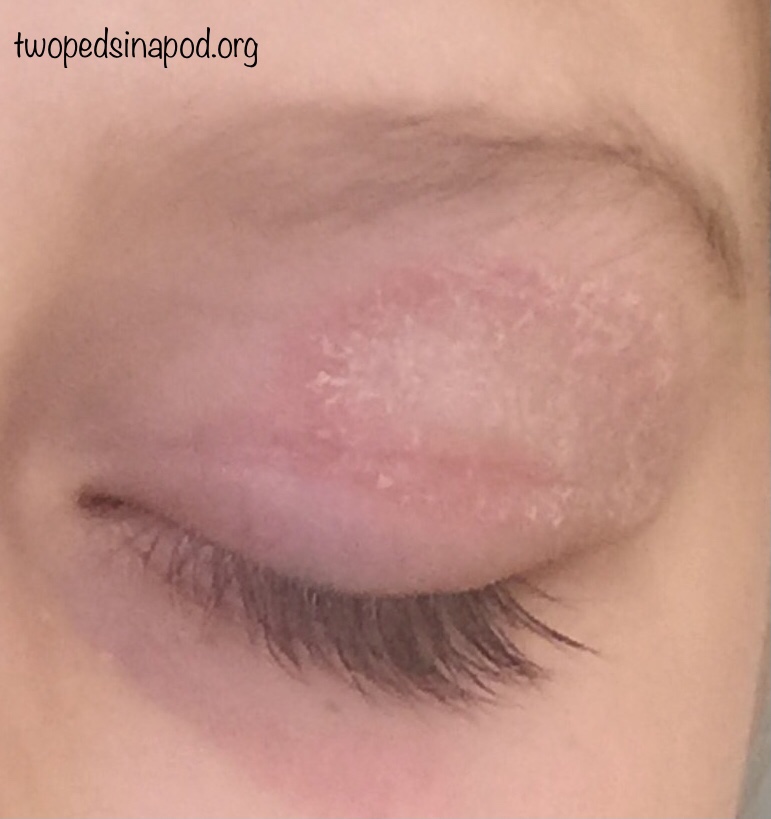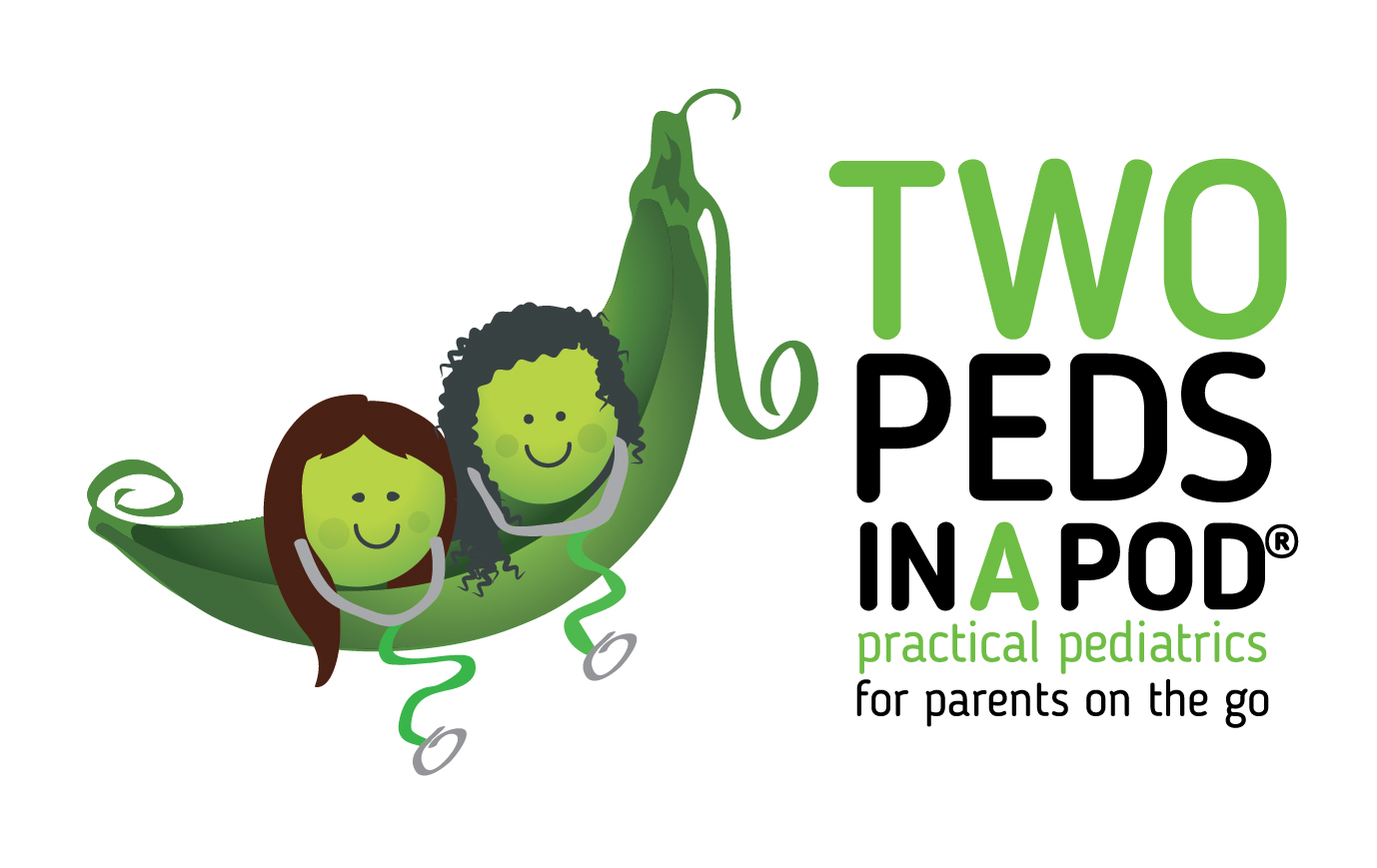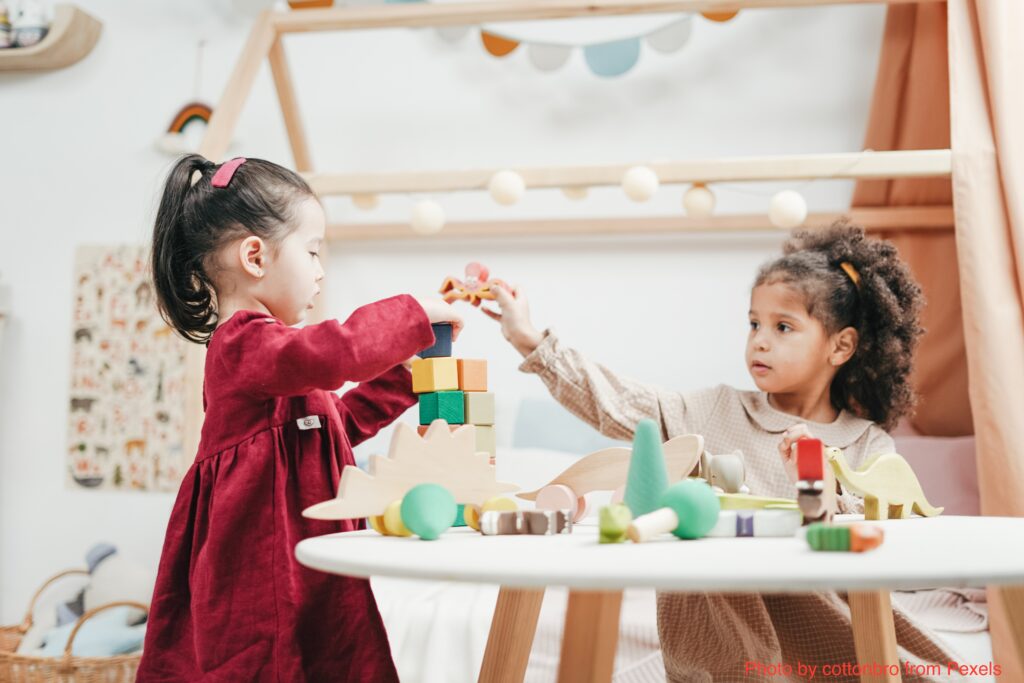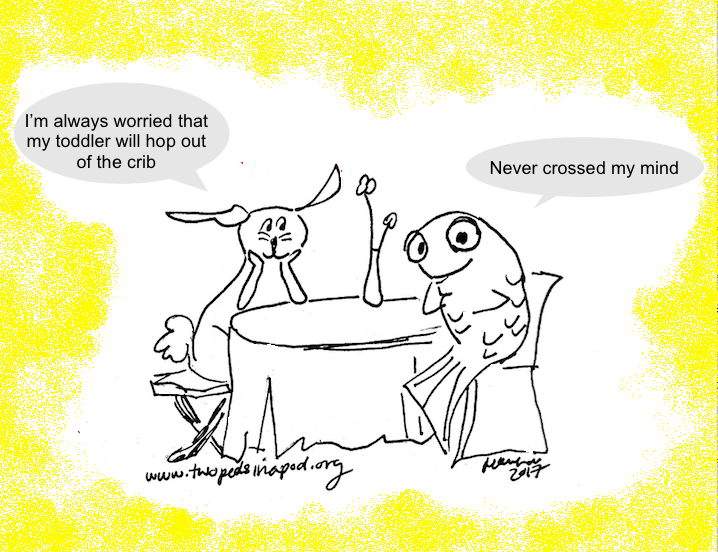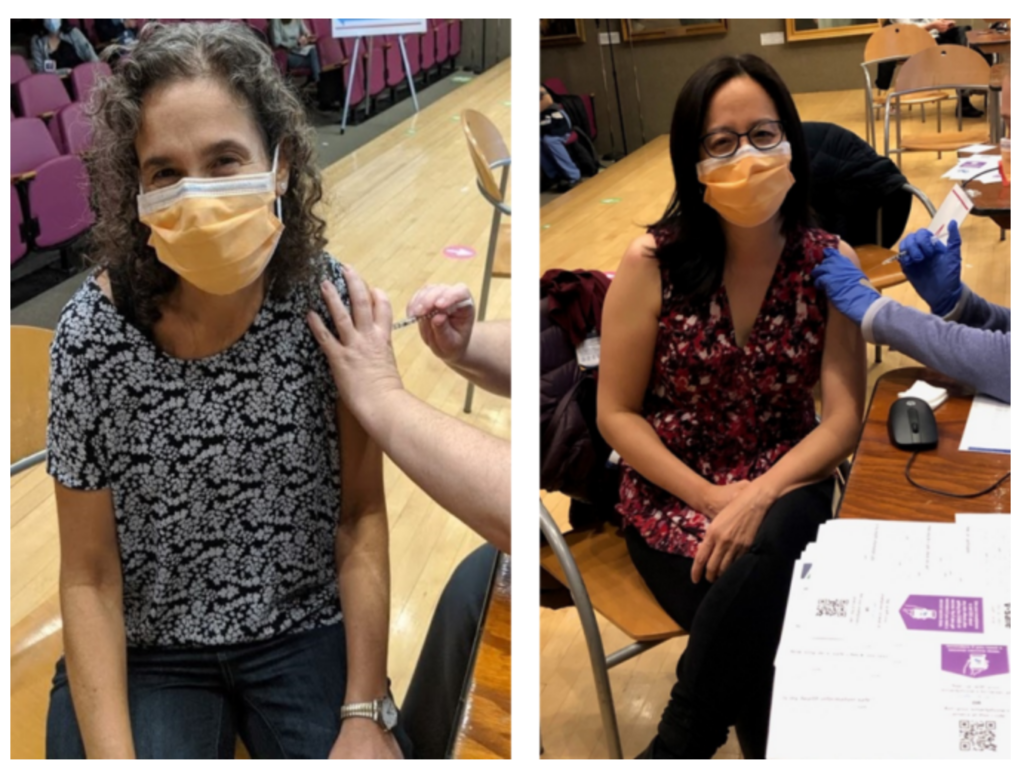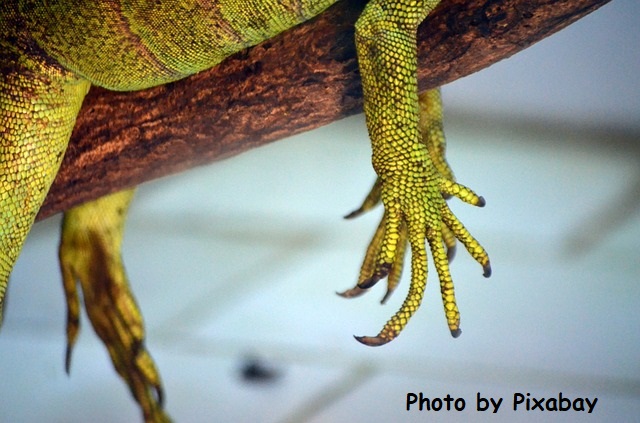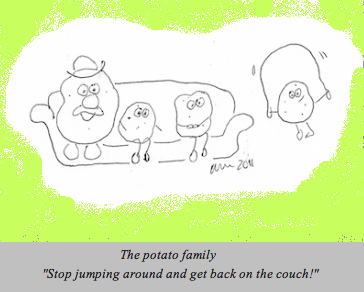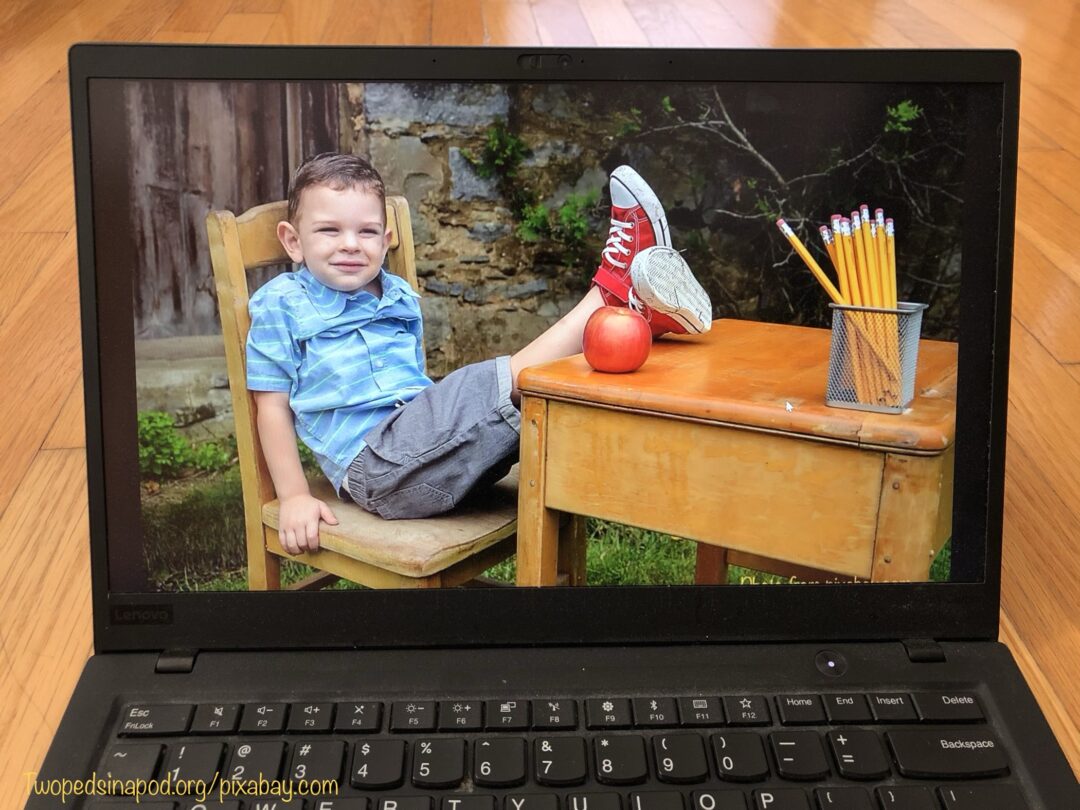Chances are, because of COVID 19, this school year will look different for your children. Here are your Two Peds’ tips for helping your children if they are learning online this fall.
Start with basics such as setting a sleep schedule. Think about how many hours your child slept during the spring quarantine and over the summer. If they woke up refreshed, that is the optimal amount of sleep they need to be alert during class. Incorporate this into your school year expectations. Falling asleep too late and sleeping too late? Check here on how to get your child’s late schedule under control.
Set up an eating routine. Healthy eating habits have not changed from when you were a child. Stick to the school year schedule of breakfast, lunch, dinner and a morning and afternoon snack – just like at school. Don’t allow the kids to graze. Without structure, children tend to throw off their weight- in fact, kids tend to gain weight more quickly in the summer than during the school year.
Rehearse mask wearing. Even though they attend school at home, your kids will go to the grocery store, see a good friend or get a haircut. Teach them to wear a mask properly so you don’t need to spend time readjusting their masks outside of the house.
Keep up the hand hygiene at home: Washing hands always limits germ spread. WHEN–before and after eating, after using the bathroom, after playing outside, and before and after school, the HOW–soap and water preferred for the duration of time it takes to sing the Happy Birthday song twice, or hand sanitizer if a sink is not available, and the WHY–avoid germ spread. See our post on handwashing.
Prevent neck and back strain from continual computer use: Read these posts on ergonomics and proper computer positioning to prevent your children from feeling like pretzels at the end of the day. Likewise, prevent eye strain.
If you are worried about the amount of additional time your children will spend in front of the computer for entertainment in addition to schoolwork, use the American Academy of Pediatrics’ Family Media Plan tool to create a customized screen time contract.
Create a home learning space that your child can call their own. This will be where your child will complete schoolwork and homework. This is especially important if you child usually spends time doing homework on their bed. You want your child to associate their bed with relaxation and sleep rather than activities that rev up their mind.
Get your child the flu vaccine this fall. Even if you never immunized in the past, this is the year you should. Please see our post on the benefits of the flu vaccine.
Help your child to “roll with the punches.” Change, even happy change, can be stressful for adults. After all, we all know how adults often run around frantically during the winter holidays. If you feel frustrated, angry, or fearful about the pandemic, try to keep the brunt of your own negativity from your children. Kids are often more adaptable than you might give them credit for, but they tend to mimic their parents and look to parents about how to respond to new situations. Seek adult help to prevent your own negative feelings from flowing over and smothering your children.
You can do this. Who taught your children their first words? How to walk? The color of an apple? How to organize their homework? You will still have teachers who will teach the content of a class. Your role, as it always has been, is to provide the best possible learning environment.
No matter how it looks, we wish your family a great start to the school year!
Naline Lai, MD and Julie Kardos, MD
©2020 Two Peds in a Pod®
